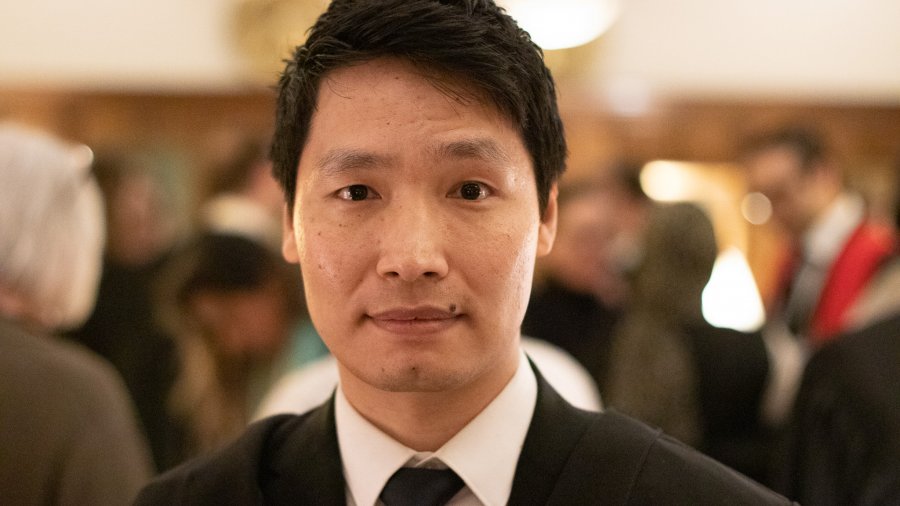
Jiawei’s background covers multiple disciplines, from single-cell genomics, computational biology and microbiology to computer science and software engineering. He was initially a computer scientist, trained in China with Master’s degree in Computer Science from Peking University and Bachelor’s degree in Software Engineering from Tongji University.
In 2017, Jiawei decided to use his computational skills to address real-world biological problems. Jiawei spent four years of PhD and postdoc at Monash University, Australia, mainly working with Professor Trevor Lithgow FAA, on machine learning-based sequence analysis under the context of microbiology.
Moving to Cambridge in 2021, Jiawei was awarded three internationally prestigious and highly competitive fellowships that he applied for, including Marie Skłodowska-Curie Postdoctoral Fellowship, MSCA-co-funded EIPOD Fellowship and EMBO Long-term Postdoctoral Fellowship.
At EMBL-EBI, Jiawei works with Dr. John Marioni, FMedSci, and Dr. Rob Finn, on single-cell omics, multi-omics integration and their applications to study bacterial populations at single-cell level.
Jiawei joined Wolfson College as a Junior Research Fellow in January 2023.